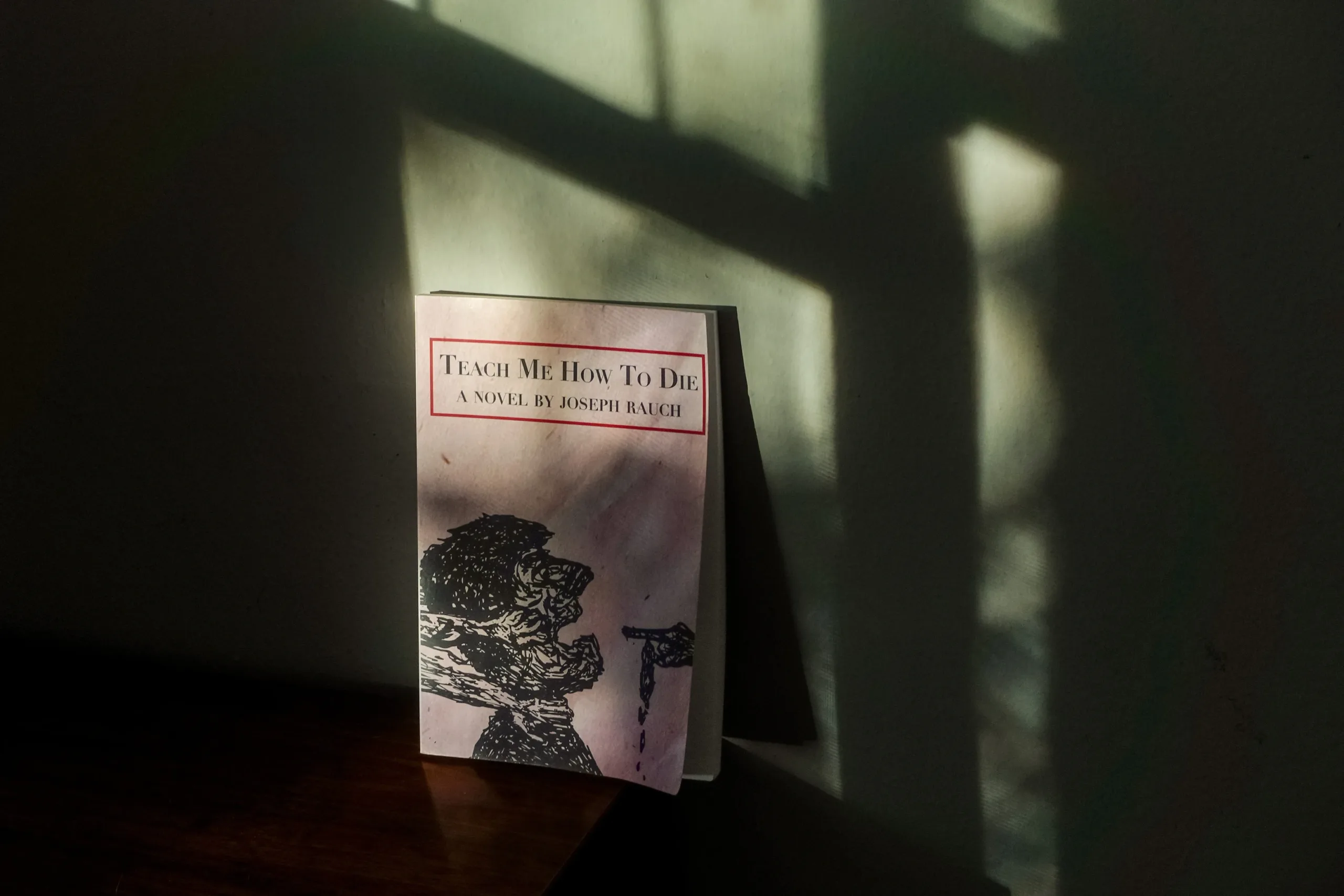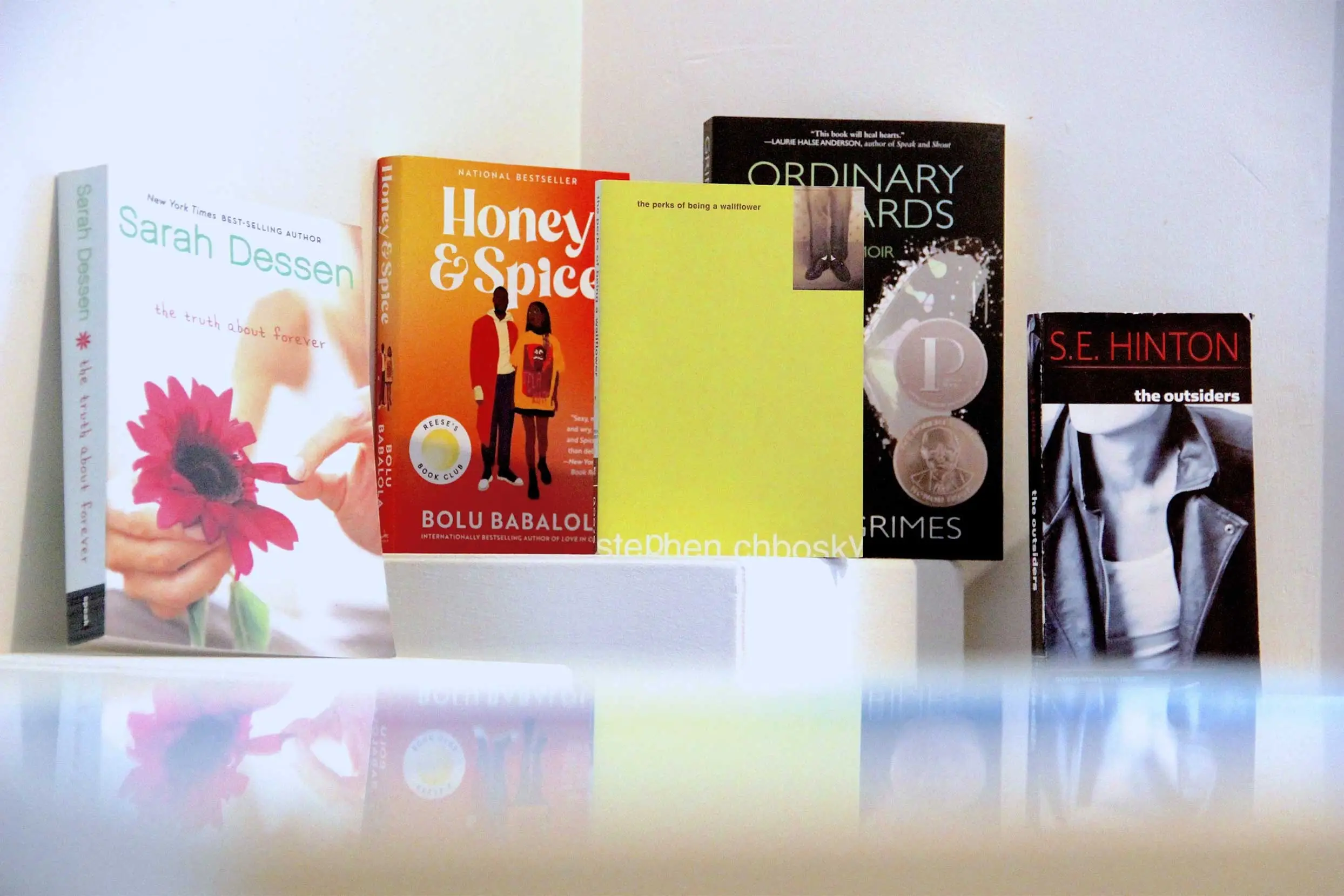“Populism” and “leftism” — as well as all their conjugations, variations and synonyms — are words you’ll see frequently on The Rauch Review, especially in our reviews of political nonfiction books. The goal of this article is to make sure we are figuratively and literally on the same page about what I mean when I use these words.
I’m the founder of The Rauch Review, and I usually label myself a populist and/or leftist. My contributors may write these words as well. As editor-in-chief of the publication, I’m doing my best to ensure our connotations are consistent.
If you’re coming to this article through our content that isn’t overtly political, a reminder that a big theme of The Rauch Review is the intersection of the world of literature and politics. In addition to this article, readers curious about that topic should also check out our politics page.
When I explain these topics, my intention is never to be patronizing. Many people in my life, some of whom are definitely far more intelligent than me, often ask me to explain myself simply because they aren’t part of my political community. Perhaps wisely so, they have not chosen to dedicate so much of their mental real estate to politics.
Editorial Note: Do you enjoy political literature? Check out our full review of “America: The Farewell Tour” by Chris Hedges.
Understanding Leftism in the Context of the Entire U.S. Political Spectrum
Based on my experience participating in rallies and online events, I estimate that the faction of the political left I align with consists of only a few million people across the U.S. Compared to the overwhelming majority of people who always vote within the two-party system, we are a fraction of the population.
Unlike what many corporate media outlets would have you believe, the left is not synonymous with supporting the Democratic Party. The Democratic Party is in the center of the U.S. political spectrum. Even in the context of U.S. politics, the Democratic Party is center-right. Relative to the centrist parties in many other industrialized nations, the Democratic Party is conservative.
Then there is the actual left, which is sadly split into two opposing factions. I wrote a separate article that extensively explores this issue, but here I’ll explain the basics. Both factions of the American left hate each other. Both believe they are the “real left” while the other is the “fake left.”
Neither side has an official name. The faction I’m aligned with calls the other side “The Boutique Left,” among other pejorative names. The Boutique Left calls us “The Dirtbag Left” or “The Dum Dum Left.” I think the latter label has become more popular. The Dirtbag Left was more intact and aligned when Bernie was running.
Based on my experience, many Dum Dum and Boutique leftists agree that the Dum Dum Left is further left than the Boutique Left. The difference is that the Boutique Left views this positioning as negative. Some Boutique Leftists and progressive politicians have also referred to us as “the far left.” The connotation is that we are extreme, similar to the “far right” language.
Here’s how I view the full spectrum:
Far left, Boutique Left, Center, Populist Right and Libertarians, Neoconservatism
There are dozens of substantive policy and strategy differences between the two sides of the left. The most simple distinction is whether we vote for Democrats on a national level. The Far Left, my side, typically does not vote for national Democrats. We withhold our votes, vote independent or vote for a left-aligned third party.
How People On My Side of the Left Define Populism and Leftism
We often use populism and leftism interchangeably. Some people say “left populism” to further demarcate it from right-wing populism.
Populism is the practice of supporting policies that more than 50% of the population wants. We consider most of these policies to be leftist. There are some exceptions. Reparations, for example, is a leftist policy, but it is not populist yet.
Here are the policies and positions that define modern leftism for the Far Left, or whatever you’d like to call us. This is a broad list of ideas, not necessarily specific bills, executive orders, supreme court decisions, etc.
I don’t expect the majority of my readers to agree with all of this. If we agree on even a few key points, I’ll be happy.
- Prioritizing the investment in targeted mutual aid operations
- Growing two-party system (also called the duopoly) alternatives that can win elections on all levels and extract impactful concessions when they don’t win
- Ranked choice voting and eliminating the electoral college
- Ending all wars, especially where the U.S. is involved
- No more tax dollars sent to Israel or any other country engaged in human rights abuses
- Cutting the U.S. military and deep state budgets
- Universal health care that is not tied to employers or for-profit health insurance companies (Medicare for All at least, or a single-payer system similar to what the U.K. has)
- Eliminating poverty
- Housing for all, and employment available to all who can work
- Free tuition for public colleges
- Environmental reform that reduces pollution and waste as much as possible
- Fair corporate taxation and taxes on the wealthy, as well as tax cuts for lower classes
- Breaking up monopolies
- Increased regulation of the financial sector, as well as high taxes on financial speculation
- Higher minimum wage (there is debate on how high, but I’ve seen respected people in the space suggest as high as $50 an hour)
- Increased support for unionization and employee-owned business models
- Consistent bodily freedom: abortion rights, trans rights, no COVID injection mandates, no artificial fluoride poured in drinking water without a vote
- No more forced lockdowns in response to public health crises
- Abolishing or at least regulating gain of function research, an acknowledgement that the COVID lab leak theory is valid
- Absolute free speech (not consequence-free, but not censored either), with only the exception of inarguably harmful speech such as child pornography, revenge porn, doxxing of average citizens, etc. — no censorship based on subjective interpretations of misinformation, disinformation, malinformation, etc.
- Producing food, materials and products in the U.S. as much as possible
- Expanding social security
- Pardoning Julian Assange, Edward Snowden and similar cases
- Campaign finance reform that would limit the influence of corporations and wealthy citizens
- Police reform: ending qualified immunity, ending unnecessary militarization of the police, reducing bloated police budgets and reinvesting money in social services, no Cop City, etc.
- Reparations for Black Americans, Native Americans and other populations similarly affected
- An end to the ineffective drug war through drug legalization, reinvestment in addiction treatment
- Decriminalization of sex work
Bringing It Back to Books
Books are one of the most powerful drivers of public opinion, and ultimately of voting behavior. Even fiction authors, including those who write seemingly nonpolitical content, can influence the Overton window. Think about the ubiquity of Amazon and the millions of square feet dedicated to bookstores.
At the time of writing this article, I have yet to meet another fiction author who shares my political views. Every fiction author I’ve met is someone I would consider centrist (liberal) or progressive (Boutique Leftist), but not a populist or leftist. I do not think these authors are pushing society forward at a fast enough pace. Regardless of any revolutionary rhetoric, they practice status quo politics on their social media, in interviews and at the ballot box.
If my platform grows, I’ll be able to test whether I can convince an increasingly large number of people to try my brand of populism and leftism. Maybe other authors will listen and adopt my philosophy. I’ve already seen some small positive effects, so I’m excited to continue.
Labels aside, the root of my politics is the desire for a world that balances freedom, fairness and mercy. If you want that world as well, let’s listen to each other and read books that challenge our perceptions.
Editorial Note: Read our full review of “Listen, Liberal” by Thomas Frank next.
Get the latest of The Rauch Review in your inbox, discover books you won’t see in stores, stay up to date on the “Rauching to Judgment” podcast and more.






